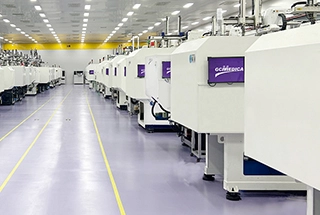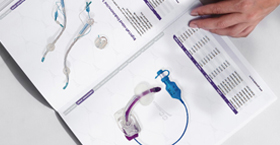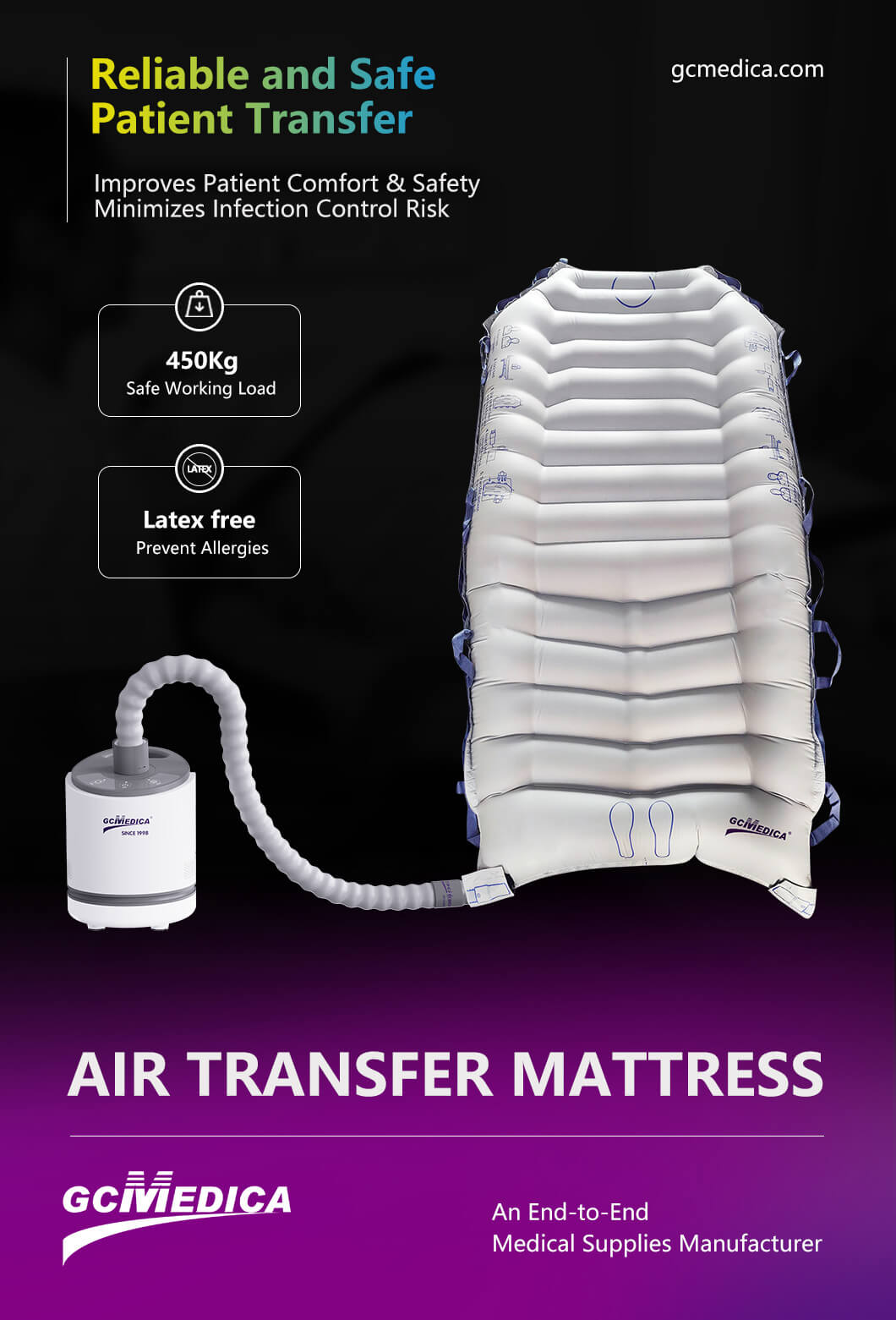Air-assisted lateral transfer mattresses are specialized patient-handling devices designed to facilitate safe, low-effort side-to-side transfers between surfaces—such as from bed to stretcher or from trolley to procedure table—while minimizing shear, friction, and caregiver strain. By generating a thin air film beneath the mattress, these systems virtually “float” the patient, allowing staff to guide the patient laterally with minimal lifting force. This technology is especially valuable for patients with limited mobility, fragile skin, or high body mass, as well as in environments where manual handling injuries are a concern.
| Air Assisted Lateral Transfer Mattress > |
Key features and benefits include:
Low Friction Surface: The airflow reduces interface drag by up to 80%, protecting skin integrity and preventing pressure-related injuries during movement.
Patient Comfort: Gentle air cushion minimizes jolts or shifts, reducing anxiety and maintaining body alignment.
Ergonomic Advantage: Caregivers exert only 10–20 N of force to initiate and control lateral transfers, substantially lowering the risk of musculoskeletal injury.
Rapid Deployment: Thin-profile mattress inserts can be placed quickly under supine patients without requiring repositioning.
Adjustable Airflow: Blower units allow fine-tuning of air pressure to match patient weight and transfer speed requirements.
Below is a summary table of typical specifications and clinical considerations:
| Feature | Specification / Range | Clinical Impact |
|---|---|---|
| Air Film Thickness | 0.2–0.5 mm | Ensures smooth, stable “floating” sensation |
| Maximum Patient Weight | 200–300 kg | Supports bariatric to pediatric populations |
| Mattress Dimensions | 190 × 80 cm | Fits most hospital beds and transfer trolleys |
| Airflow Rate | 50–100 L/min | Balances ease of movement with stability |
| Power Source | AC mains or battery backup | Reliable operation in wards, ERs, operating rooms |
| Noise Level | <45 dB | Minimizes patient disturbance |
| Setup Time | <60 seconds | Enables rapid response for unplanned transfers |
Best Practices for Use
Preparation: Verify mattress insert is correctly placed under the patient’s torso and hips.
Pressure Adjustment: Set blower to a pressure that allows easy lateral movement without excessive lift.
Controlled Transfer: Two or more staff members should coordinate hand placement and communication to guide the patient smoothly.
Post-Transfer Care: Deflate the air film, remove the mattress insert, and inspect skin integrity.
By integrating air-assisted lateral transfer mattresses into patient-handling protocols, healthcare teams can enhance safety, reduce injury risk for both patients and caregivers, and improve overall workflow efficiency in acute and long-term care settings.

 Français
Français Español
Español Products
Products
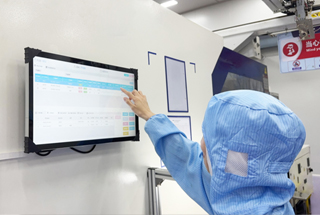
 About Us
About Us




